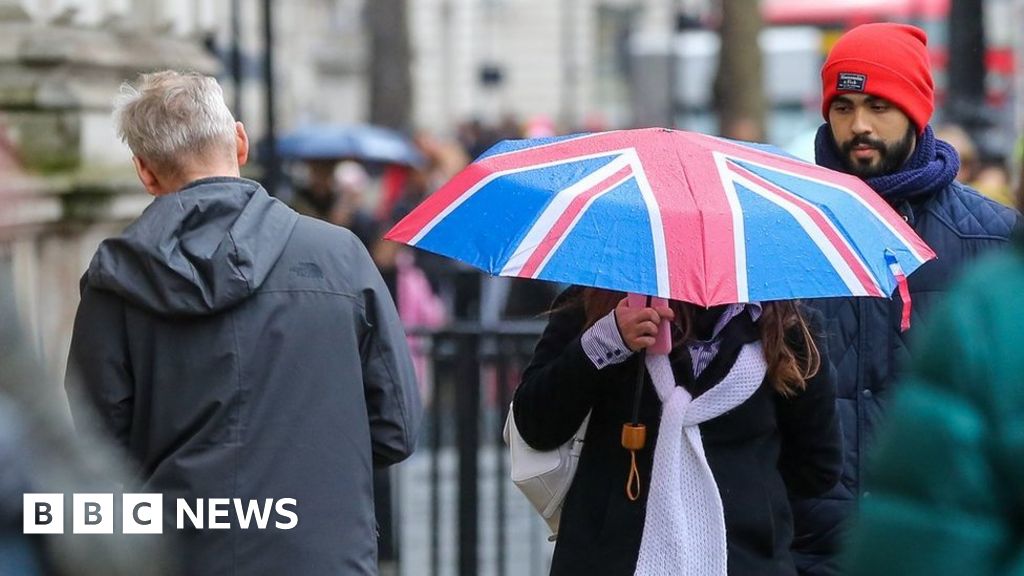Image copyright
Getty Images
Government borrowing hit a record monthly high in May, as the coronavirus continued to weigh heavily on finances.
The £55.2bn figure was nine times higher than in May last year and the highest since records began in 1993.
The borrowing splurge meant government debt exceeded the size of the economy for the first time since 1963.
Chancellor, Rishi Sunak, said the figures confirmed the severe impact the virus was having on public finances and said the country needed to reopen.
“The best way to restore our public finances to a more sustainable footing is to safely reopen our economy so people can return to work.
“We’ve set out our plan to do this in a gradual and safe fashion, including reopening high streets across the country this week, as we kickstart our economic recovery.”
Record high
The Office for National Statistics had said last month’s borrowing figure was the highest since records began in 1993, but said it had subsequently revised it lower due to higher taxes and national insurance then expected, revising the figure down to £48.5bn from £62bn.
It also spent less than thought on the Coronavirus Job Retention Scheme.
The deficit – the difference between spending and tax income – for the 12 months to May is now estimated to have been £103.7bn, £87bn more than in the same period last year, another record.
But the ONS estimates borrowing for the financial year 2020-21 will dwarf that at £298bn. That would be the largest deficit since World War Two.
The ONS said that although the impact of the pandemic on the public finances was becoming clearer, its effects were not fully captured in the release, and that estimates were subject to greater than usual uncertainty.
Alex Tuckett, senior economist at consultants PwC, pointed to the 46% fall in the amount of VAT collected in the month, although it said the biggest issue for the government’s finances was the £29bn it spent on the various support schemes for the economy.
“In the near term, there are signs the economy is recovering as the country re-opens, and this should boost tax receipts.
“However, these figures remind us that Chancellor Rishi Sunak faces a difficult backdrop to any summer fiscal event,” she added.

